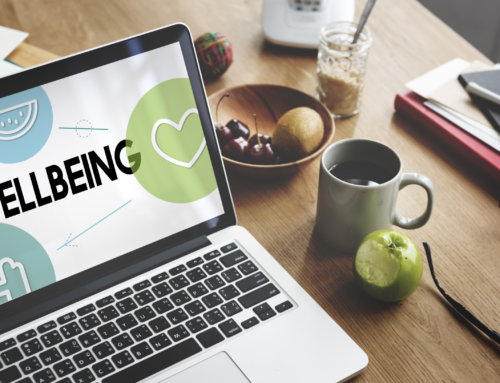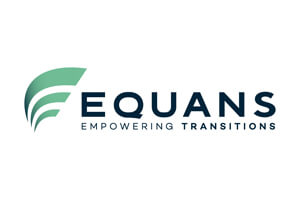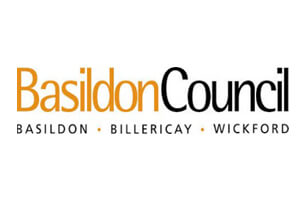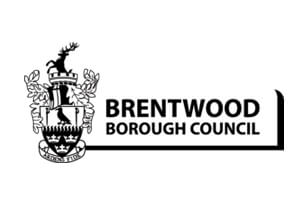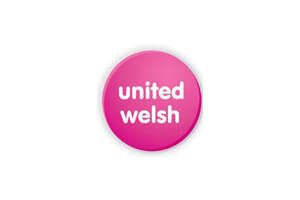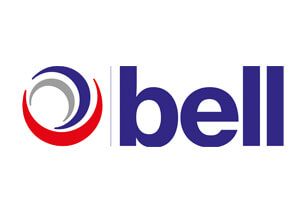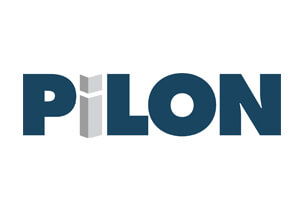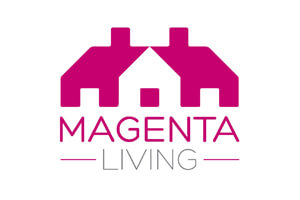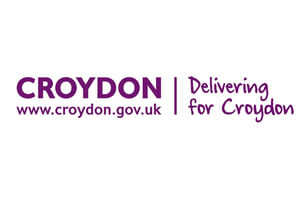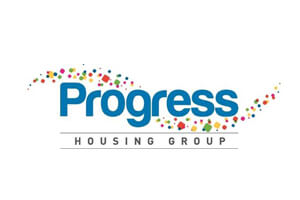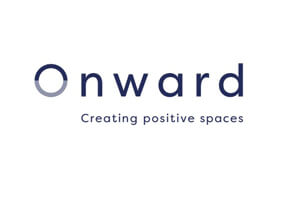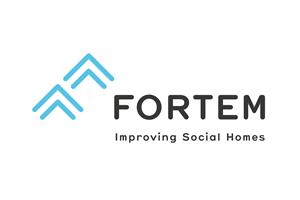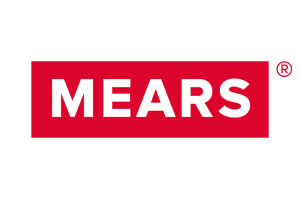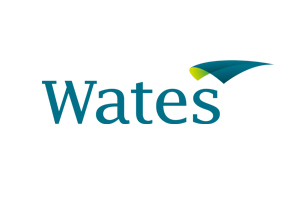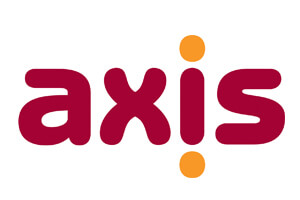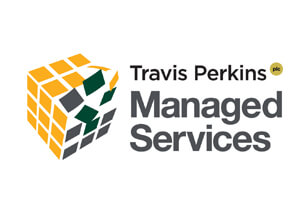Wellbeing and driving positive cultures in the workplace
The March AMIP meeting focused on wellbeing and driving positive cultures in the workplace and the feedback from attendees was outstanding with 91% scoring it a 10 out of 10.
The event, chaired by accredited executive coach Michelle Haycox, was held at Mercedes Benz World.
Zoe Benjamin, leader in human factors security and an expert in human behaviour, kicked off the day with a session covering the importance of building a cyber secure work culture, focusing on the human element in cyber security and building resilience against cyber attacks.
“When talking about cyber security we think about tech and processes, not people but cyber criminals attack humans in 99% of attacks,” said Zoe and the organisations best at mitigating risk are those that take a people-centred approach and embed that into their organisation.
The social housing sector is an increasingly attractive target for cyber criminals she explained, and cyber attacks in the housing sector are on the rise. Smaller businesses are attacked three times more than larger ones and the effects can be devastating.
Cyber criminals target people not technology and do this by exploiting human nature, with 74% of cyber incidents attributed to human fallibility, said Zoe, who showed how easy it is to spear phish somebody, with a real-life example involving an AMIP attendee, using information that Zoe had found online.
She explained how cyber criminals are using ever more sophisticated methods, as AI becomes more developed. “We are about to enter an environment where we can no longer trust the voices we hear and the videos we see,” she said, sharing examples of AI generated photos and videos.
Burnout and cyber risk
Explaining the link between burnout and cyber risk Zoe spoke about how a significant proportion of serious data breaches can be connected to burnout and stressed employees, as people tend to spend less time looking at details when stressed.
Burnout increases the likelihood of mistakes and impairs cognitive function and decision-making abilities which is huge in the context of cyber security, as well as a lack of motivation to follow security protocols and protect the organisation in general.
She outlined the importance of wellbeing when empowering people to be more cyber secure – promoting an environment of psychological safety, prioritising and facilitating levels (surveys, one-to-ones) and providing the right resources, training and support for people to perform their roles.
“Only you can build your human firewall and make sure your people are ahead of the curve,” she said.
Leadership foundations
Personal Leadership Foundations was the focus of the second session, led by Nick Howes, Managing Director of Leadership Management International (LMI) UK.
He talked about the importance of empowering leadership in individuals and learning to be a great leader of your own life.
Personal leadership is the internal power that supplies the motivation, the commitment, and resolution you need to reach your meaningful, predetermined goals, he said, adding “We want to be successful and feel motivated and when we do great things happen.”
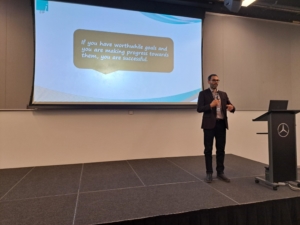
He spoke about the four leadership foundations of Direction, Purpose, Process and Progress, and creating a clear picture of what success looks like, “understanding the why” and creating lasting change.
Leadership isn’t about personality he said, it’s about putting things into order so that you get twice the results in half the time.
He talked about the infrastructure that goes into creating a habit and how building foundations over time informs the way that you think and behave.
After a fun-filled lunch and networking break, during which delegates put their racing skills to the test on the F1 simulators, Dr Stephanie Fitzgerald started the afternoon with a session focused on Happiness at Work.
Wellbeing and happiness at work
She talked through the four pillars of wellbeing – Happy, Healthy, Safe and Engaged (HHSE).
HHSE are all linked, she explained, and you can’t be happy if you are unhealthy or safe if you are disengaged etc. Imagine a stool with four legs, she said, and if you take one away it is unbalanced.
Happiness is a crucial factor for our own job satisfaction, functioning as a team and project success.
We spend more time at work than anywhere else, but happiness is very often overlooked she said. Your job should not drain your happiness, it should give you happiness and energy and should support you, not deplete you.
She talked about burnout, the destructive impact of resenteeism and how to remove resentment.
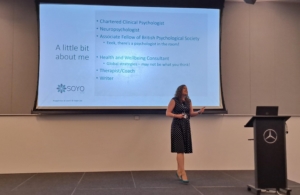
Wellbeing is your competitive advantage, she explained, and two-thirds of employees would accept a lower-paid job in exchange for better wellbeing.
Connecting to your own values and defining the worth of the work you are doing are some of the steps that you can take to deal with challenges.
There was also an interactive element to the session, with attendees split into groups to consider their HHSE status and the strategies they use to boost it.
Conversations focused around time management and how we can be more productive at certain times of the day, the benefits of exercise, celebrating the small wins, having fun and winding down.
The day was rounded off with a presentation from chair Michelle outlining AMIP’s new wellbeing programme which launches next month.





